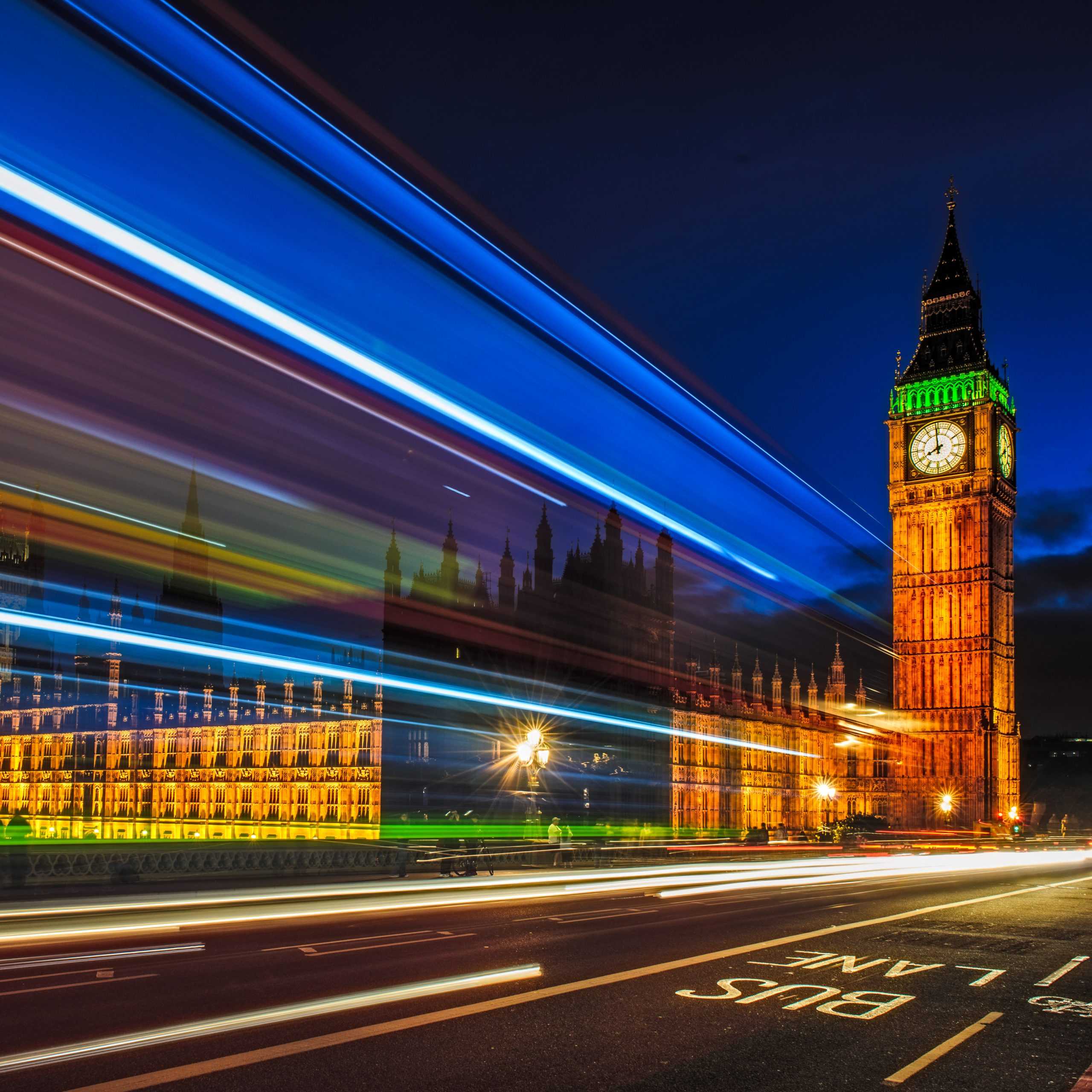
Wobbly Foundations: Sir Keir Starmer’s Turbulent First 100 Days
October 17, 2024
Just 100 days after entering the prime minister role, it would be an understatement to say the infancy of Sir Keir Starmer’s tenure has been tumultuous. Labour is now level with the Conservative Party in the polls (and Reform UK not far behind). Sir Keir Starmer’s popularity has dropped to record lows and there are increasingly loud rumblings in the parliamentary party that stress the need for a reset. This is a far cry from 4 July, when the party was returned to Downing Street for the first time since 2010, having won 411 out of 650 Commons seats in a landslide comparable to Tony Blair’s 1997 victory. What explains this sudden change in the prime minister’s fortunes?
Certain Labour voices have blamed the current wobbles on some “ticking bombs” inherited from the previous Conservative administration. Chief among them the so-called “black hole” of £22 billion in public finances, denounced by Rachel Reeves in one of her first interventions as chancellor. This unexpected drag on the country’s budget has straitjacketed some of Labour’s pre-election pledges and forced the Government to make tough decisions regarding public spending. By far the most controversial is the means testing of the Winter Fuel Payment—a £200 to £300 allowance given every winter to every person born before 1958, to help them afford costly energy prices. The changes enacted mean that millions of pensioners will no longer be eligible to receive this allowence.
Polling has found that this welfare cut is cited among voters as one of the main reasons for their souring opinion on the Government. The move also caused internal turmoil within Labour, with 50-odd members of Parliament refusing to support the measure when the matter was put to vote. Having already suspended the whip from 7 of his own MPs, among them former Shadow Chancellor John McDonnell, for voting against the Government on child benefit payments in late July, Sir Keir Starmer has found his majority more fragile than expected.
Party management problems were exacerbated by rumours of a power struggle between the PM’s former Chief of Staff Sue Gray, Cabinet Secretary Simon Case and current Chief of Staff Morgan McSweeney. The internal disfunction culminated in Gray’s exit in early October, and the appointment of McSweeney as her successor, but not before tales of infighting marred the party’s annual conference in late September.
However, fiscal woes and party feuds do not fully explain the collapse in Sir Keir Starmer’s ratings. The prime minister’s image has been further eroded was after it had emerged that he and several cabinet ministers had received hundreds of pounds in gifts from donors since he took over as Labour leader in 2020. While no rules were breached, as all gifts were declared, the news led to charges of aloofness thrown at the Cabinet, with the public perceiving the PM’s actions were at odds with the image he presented during the election campaign.
Nevertheless, despite the turbulence of the last three months, the Government’s agenda has quietly kicked off, with ministers working to implement the commitments listed in the party’s election manifesto. On this note, one can mention the tabling of bills to create GB Energy, a state-owned body that will produce and distribute green energy; the materialisation of the promise to introduce new landmark employment laws, including firmer protections for paternity rights and against unfair dismissal, and the scrapping of the controversial Rwanda scheme, an initiative conceived by the former Conservative Government to deport asylum seekers
The dire state of public services is being addressed, with the private sector being seen as an essential ally in this endeavour. Plans are being drafted to reform the National Health Service along the lines of the Darzi report, commissioned by Health Secretary Wes Streeting and published in September. The Government is also making strong efforts to sell the UK as an attractive market to the world’s top companies, as showcased in this past week’s Investment Summit, which saw companies commit to invest £63bn in the country. In a clear declaration of intentions, Sir Keir Starmer pledged at the event to “rip out the bureaucracy that blocks investment.” On top of this, the reset in relationships with the European Union continues apace, raising hopes of a new understanding with the bloc on matters of trade and youth mobility.
Ultimately, it is too early to answer the question of how successful this Government will be. While the first 100 days are important for first impressions, they are a quantitatively small amount of time within a full parliamentary term. The Autumn Budget on 30 October will provide Sir Keir Starmer with the perfect opportunity to set the foundations for the full programme of institutional renewal and economic growth he promised to voters. He must take that chance, as the design and delivery of those plans over the next years will determine whether he gets to renew his party’s mandate in 2029.